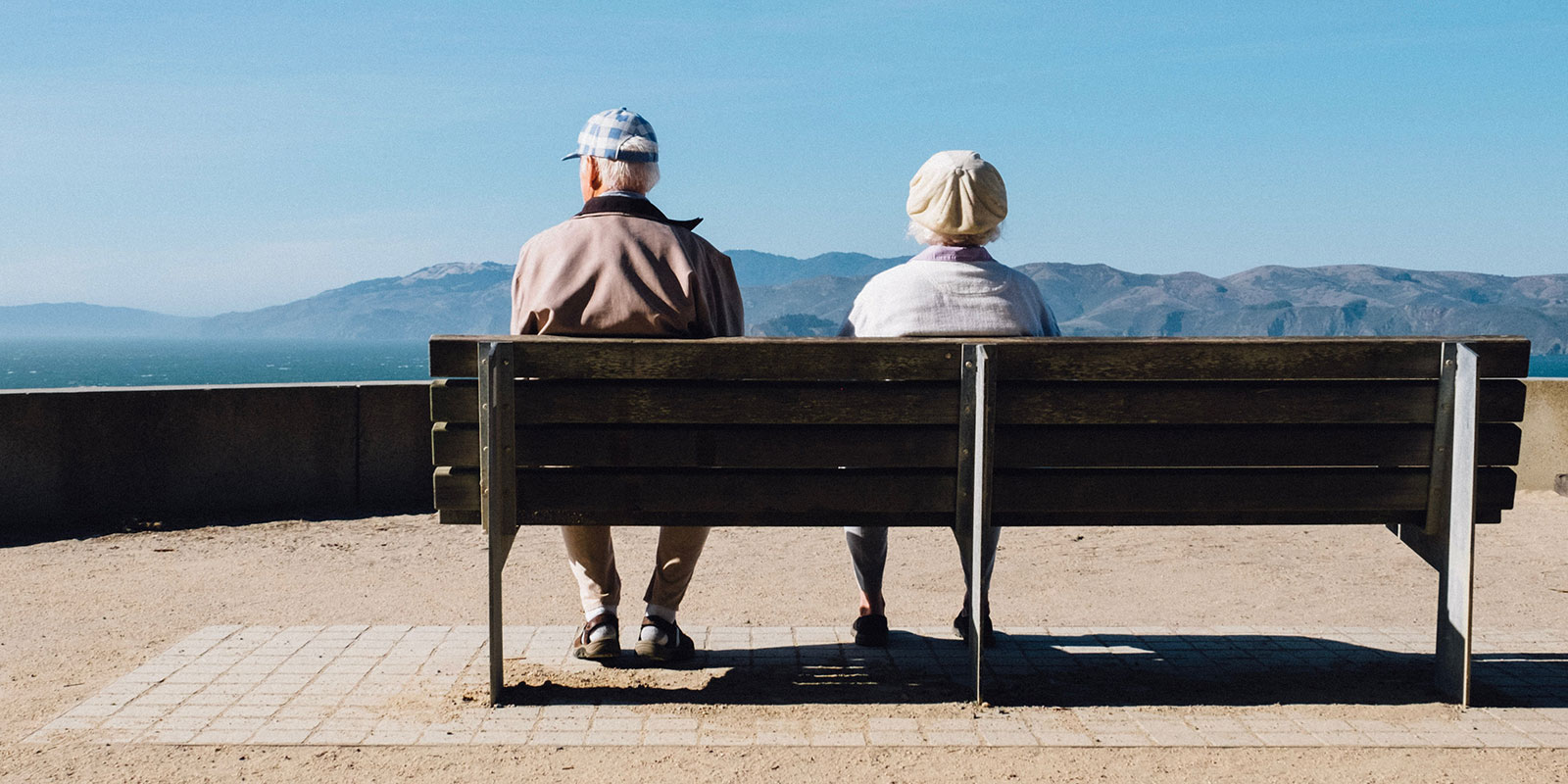
As the number of COVID-19 cases continues to rise across Canada and around the world, people living with dementia are experiencing a double burden. The pandemic has not only broken down their social supports, but emerging evidence from around the world indicates COVID-19 deaths disproportionately affect people living with dementia, including those with Alzheimer’s disease.
During World Alzheimer’s Month this September, UBC’s Dr. Roger Wong, a clinical professor of geriatric medicine in the faculty of medicine, offers five practical tips for people living with dementia – and their families and caregivers – during the pandemic.

Dr. Roger Wong
1. Get the flu shot every year
This fall, the influenza and COVID-19 viruses will be circulating at the same time, putting everyone at greater risk of infection, especially those who are vulnerable including older adults. It’s important to remember that influenza is still a major cause of death around the world, affecting vulnerable people and those living with dementia. It’s also possible to get influenza and COVID-19 illnesses at the same time, which could lead to serious health complications.
While the flu shot won’t protect you from COVID-19, it will protect you from developing a serious influenza illness, while helping to protect others who can’t get vaccinated for medical reasons.
2. Get moving
Regular exercise can improve your mood and is great for your brain health. Physical activity is especially important for people living with dementia. During the pandemic, it is fine to try out a new work-out that can be done in a safe and physically-distanced way. It doesn’t have to be strenuous, choose an activity you enjoy or get creative, start a walking group with people in your social bubble while bringing your smart phone with a GPS tracking app, or join an online fitness class. Work towards including 150 minutes – or approximately 20 minutes per day – of physical activity each week, if possible.
3. Maintain a daily routine
These are uncertain times but maintaining a regular routine will help bring normalcy and a sense of structure to your day, and this is particularly important for people living with dementia. Along with everyday activities like preparing healthy meals and helping out with simple house chores, make sure to carve out time for exercise and social gatherings like having coffee with someone within your social bubble. Try a virtual coffee chat with friends from abroad, using video apps on your smart phone or tablet device.
4. Stay social during the pandemic
Physical distancing doesn’t mean social isolation. It’s important to stay connected with family and friends. You can call a friend, enjoy a meal with a loved one either in-person or virtually, join a book club or try a new hobby. For people living with dementia, apps that share familiar photos or favourite music can be very helpful in generating conversations that are meaningful and engaging.
5. Take care of your mental health
This is a stressful time for everybody, particularly for people living with dementia. Remember to stay calm and be kind to yourself. Look after your own mental health by practicing mindfulness, meditation, relaxation or by joining a support group. Managing your stress is not only good for you but it can also help reduce the amount of stress experienced by family members or friends who help with your care.
Top tip for caregivers
The COVID-19 pandemic has also created unique challenges for caregivers of people with dementia. Very often, people who experience significant stress prior to the pandemic can become further stressed as a result of the pandemic. To reduce the risk of caregiver stress and burnout, which can negatively affect your health, as well as the person living with dementia, Dr. Wong emphasizes taking care of your own mental health first. Practicing mindfulness, meditation, relaxation or joining a support group are some simple ways caregivers can relieve stress and support their own wellbeing.